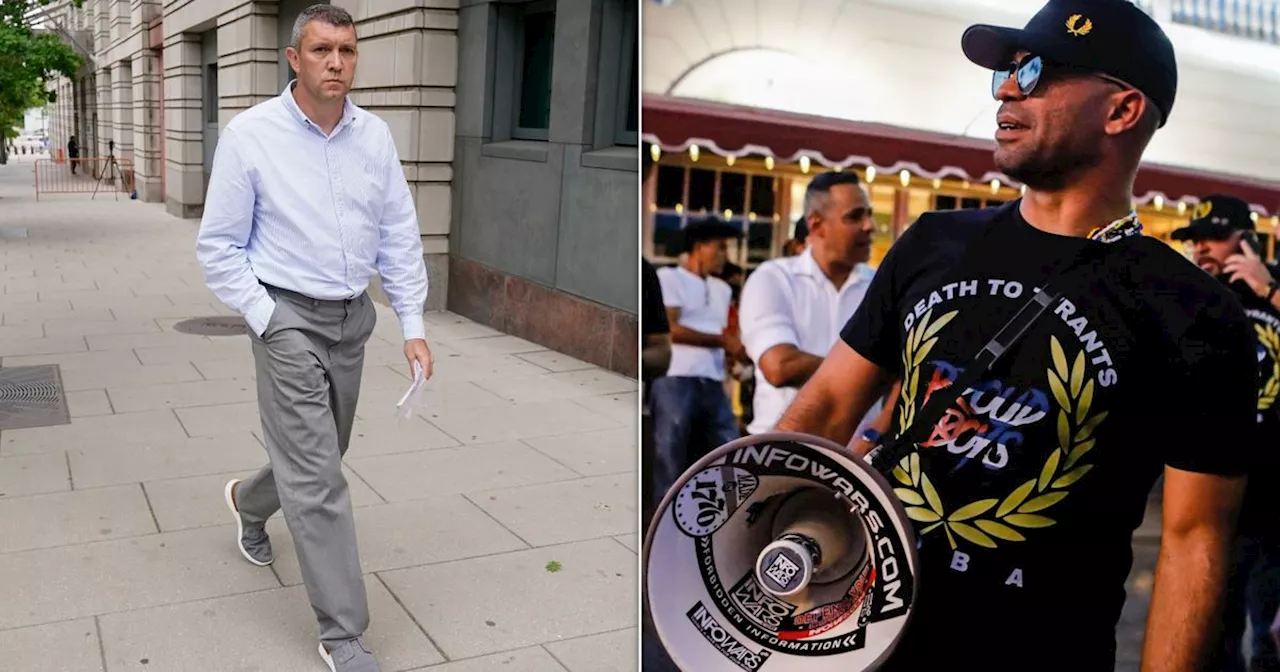Brandi Buchman is a legal/justice reporter at HuffPost, based in Washington, D.C. She covers the U.S. Justice Department, federal courts, and issues where law and politics intersect. She has reported on the Trump administration at length including both impeachments of former President Donald Trump, the Jan.
WASHINGTON — Shane Lamond, the former leader of the D.C. Metropolitan Police Department’s intelligence division, was found guilty on Monday of obstructing justice and lying to federal investigators about leaking insider information to Henry “Enrique” Tarrio, the former leader of the extremist Proud Boys who is now serving 22 years in prison for seditious conspiracy.
The alibi was not foolproof, though. After Tarrio was indicted for his role in the Jan. 6 attack on the U.S. Capitol, a jury in Washington last year convicted him of seditious conspiracy, conspiracy to obstruct an official proceeding, conspiracy to prevent members of Congress from discharging their duties and more.
According to prosecutors and witnesses — including Lamond’s onetime supervisor, D.C. MPD Police Executive Assistant Chief Jeffery Carroll — this was not something Lamond should have shared with a source. Carrollthat the discussion of law enforcement’s internal deliberations on how to pursue charges for a suspect is out of bounds because it could cause a “whole host of legal issues” for the underlying case.
Messages presented in evidence show the meeting came about after Tarrio asked Lamond for his insights on how police really viewed the Proud Boys. A daytime pro-Trump rally on Dec. 12, 2020, went over largely without incident, but that night — the same night the banner was burned — Proud Boys and counterprotesters came to blows as multiple fights broke out and people were stabbed, including Proud Boys leaders like Jeremy Bertino.
Text messages shown at trial documented Tarrio telling Lamond he was involved in the banner-burning. On Christmas Day 2020, Lamond even told Tarrio that investigators were trying to identify Tarrio in photos and that an arrest might be imminent.
